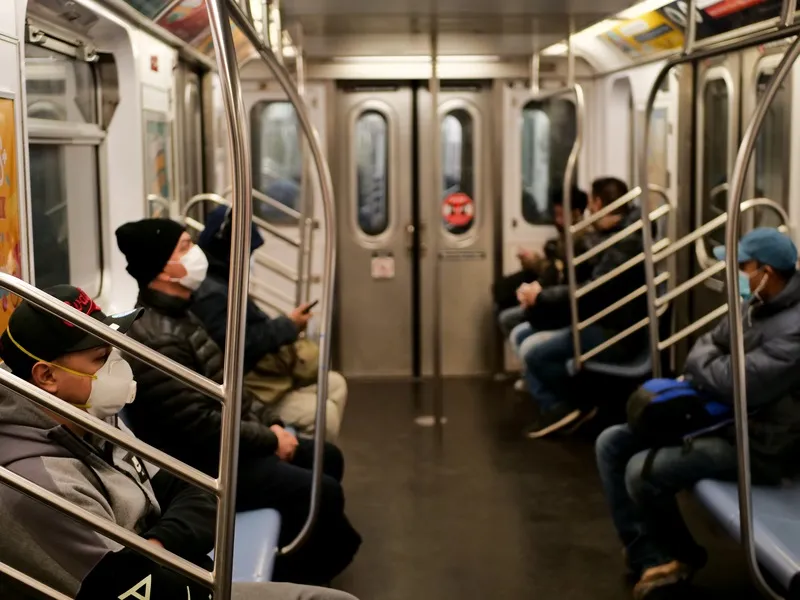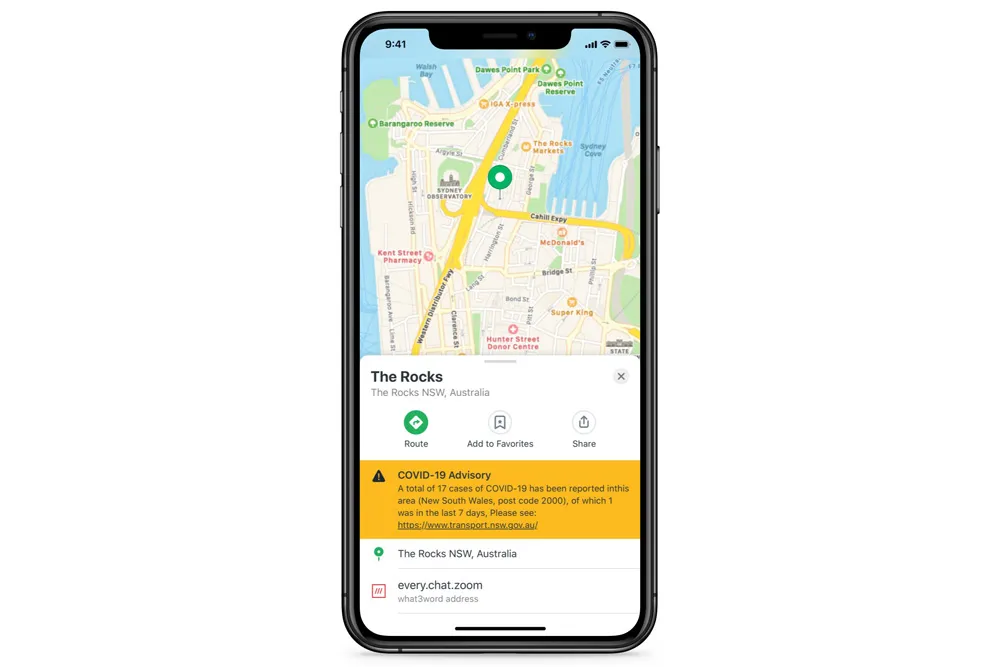
As of last week, at least 41 transit workers at New York’s Metropolitan Transit Authority (MTA) had died as a result of Covid-19.
They are primarily from the agency’s bus and subway operations. More than 5,000 MTA workers are quarantined, with more than 1,000 testing positive for coronavirus.
Sarah Feinberg, interim president of New York City Transit, tweeted: “Hello, New York. I'm going to cut to the chase: too many people are still taking the train. Full stop.”
“If you're not working in a field designated as essential, going to a medical appointment, or getting necessary groceries or prescriptions, STAY HOME.”
A note on the agency’s website references the “devastating cost” and says: “The MTA family mourns the heavy toll COVID-19 is taking on our co-workers and loved ones.”
In London, 18 transport staff – including 12 bus drivers – have so far died as a result of Covid-19.
Drivers union the RMT says that they should not work if they feel unsafe.
Outside the capital, in the north-west of England, an unnamed driver on BBC Radio 4’s Today programme said today that some passengers were not following social distancing guidelines, adding: “Some don’t even understand why buses are running a reduced service.”
On the same programme, Unite trade union representative Bobby Morton said he was hearing “horrific stories”, with bus drivers “absolutely terrified for their lives”.
Anti-viral cleaning regimes are in place in London, and measures such as allowing passengers to board through the vehicle’s middle doors have been introduced to reduce contact with drivers.










